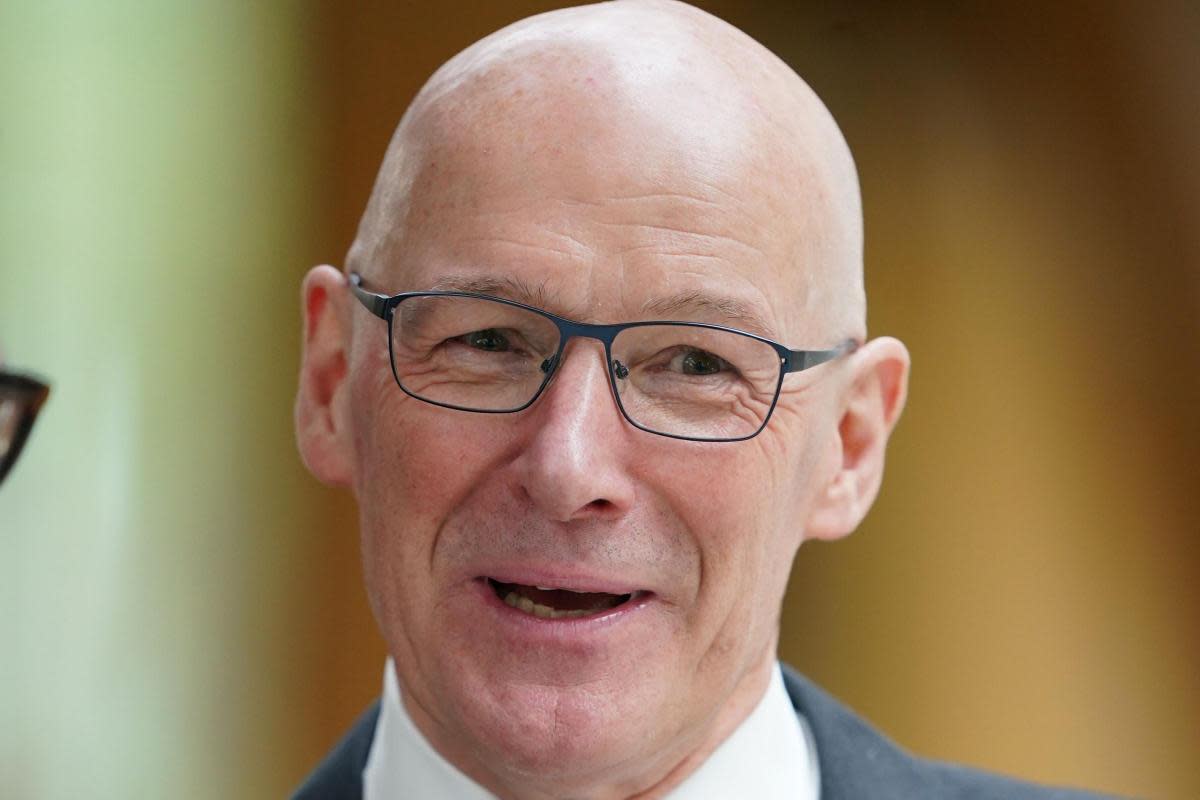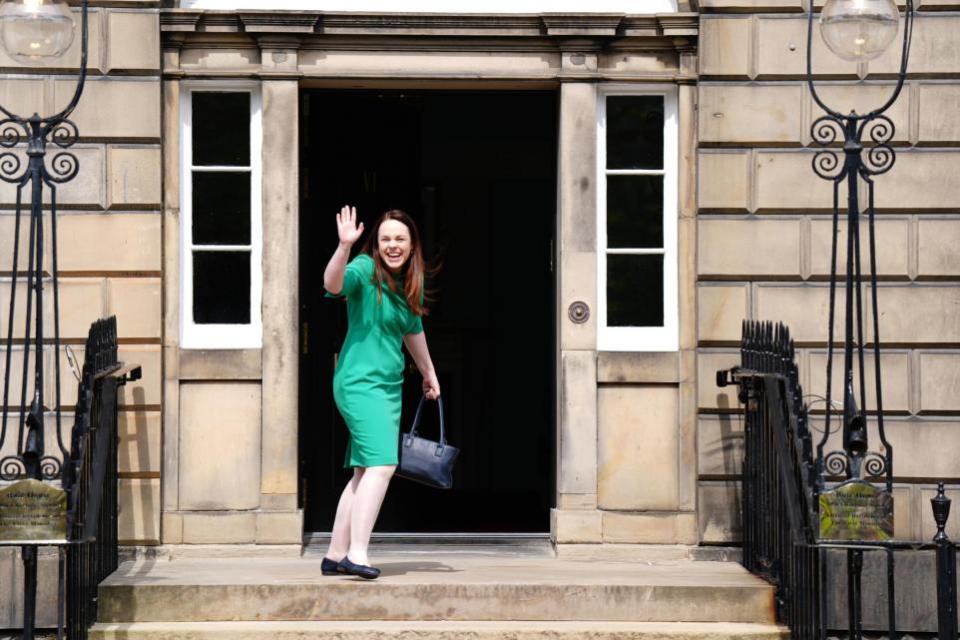Can John Swinney as First Minister boost the SNP’s General Election chances?

WELCOME to the latest edition of General Election Watch. This newsletter keeps its readers updated with the essential Scottish perspective on the ballot set to be held this year.
We hope you enjoy it – and you can get the newsletter direct into your inbox for free every week by clicking HERE.
RECENT polls have made for pretty grim reading for the SNP.
A new one by the Sunday Times last week indicated that the party would retain just 15 of its current 43 seats at the forthcoming General Election – the forecast coming after a turbulent week which saw Humza Yousaf announce his resignation as first minister.
Scottish Tory and Labour leaders Douglas Ross and Anas Sarwar have repeatedly been seen grinning ear to ear the past few weeks.
But in bringing down Yousaf and bringing in Swinney, the opposition parties may have given the SNP an opportunity to push back and repair some of the damage of the last year.
At least, that is elections expert John Curtice’s view.
In his BBC column yesterday, he noted that Swinney starts his job with better polling numbers than his predecessor.
READ MORE: Who is Kate Forbes? Scotland's new Deputy First Minister
According to Ipsos, 37% feel Swinney will do a good job as First Minister, while only 23% a bad one.
Panelbase, meanwhile, says that among those who voted SNP in 2019, 28% reckon they are more likely to vote SNP with Swinney in the top job.
Of course, there is still a lot of work to be done and time may be the former deputy first minister’s worst enemy.
Nothing can be built on shaky foundations and Swinney will first have to unite his party. And, in fairness, running unopposed for the leadership will have helped.

Already, his move to make Kate Forbes his Deputy First Minister (above) should go some way in bringing together the left and right of the party.
With the power-sharing agreement with the Scottish Greens no longer in place, Swinney will also need all his experience as he is forced to lead a minority government at Holyrood.
But his life will be made easier by the fact that much of the incoming legislation was already spearheaded by the Greens in the first place – from the Fair Rents (Scotland) Bill to bans on conversion therapy – meaning he should be able to count on their backing in most instances.
But perhaps Swinney’s biggest challenge will be in uniting the pro-independence vote.
Panelbase has reported that only 56% of those who would vote Yes in an independence referendum would currently vote SNP in a General Election. Around a fifth (21%) said they would vote Labour – a staggering amount if true.
The SNP can’t forget what brought them such electoral success – the indy movement, firmly behind them. And Swinney will have to rush to repair that relationship as soon as possible.

 Yahoo News
Yahoo News 

